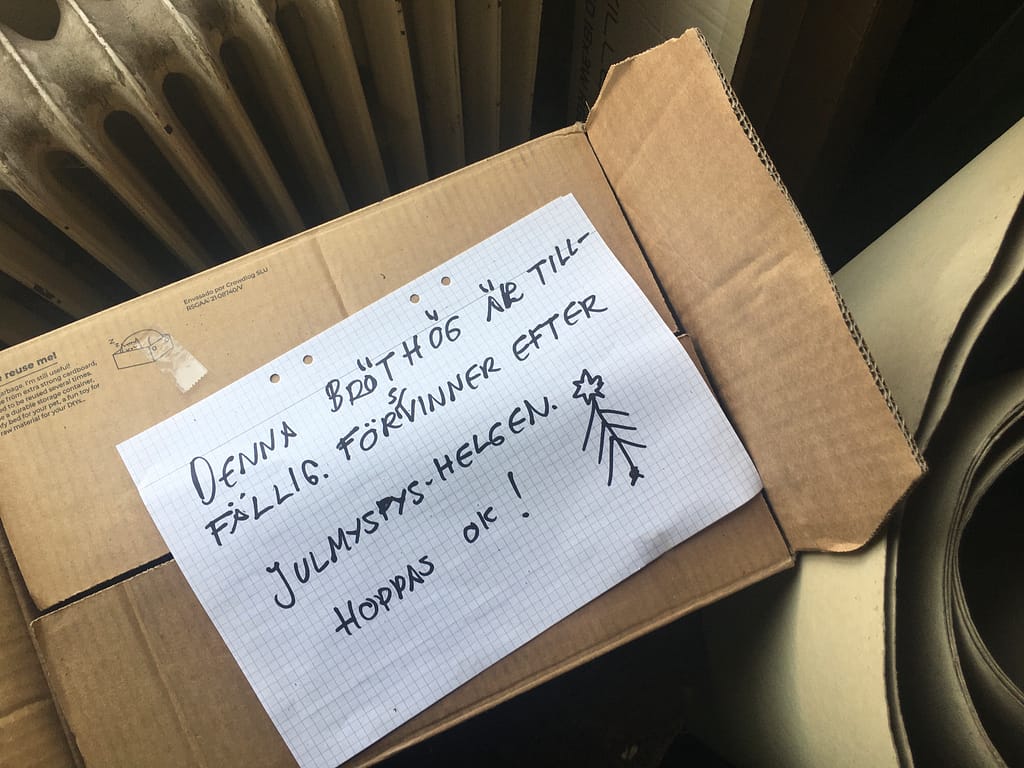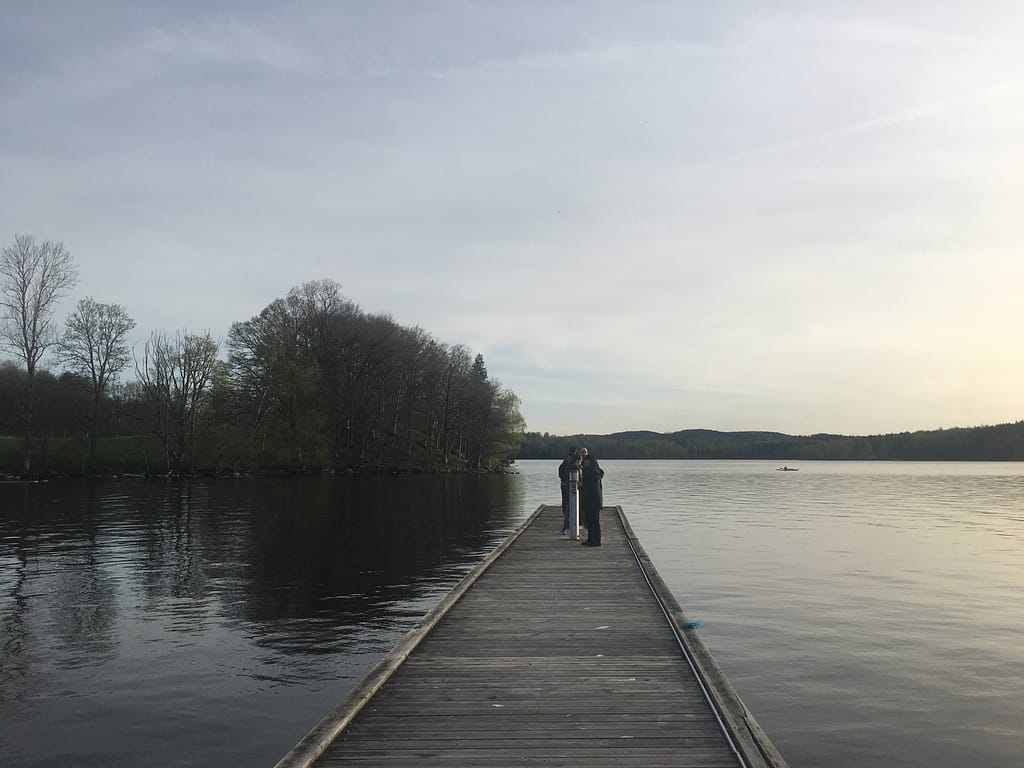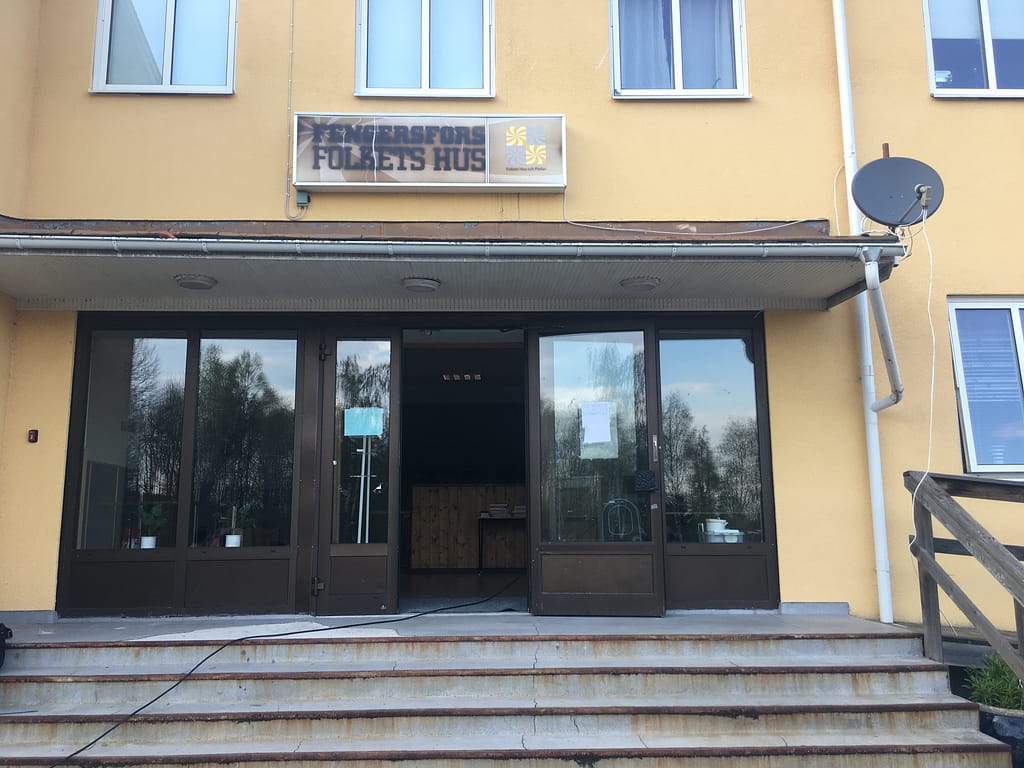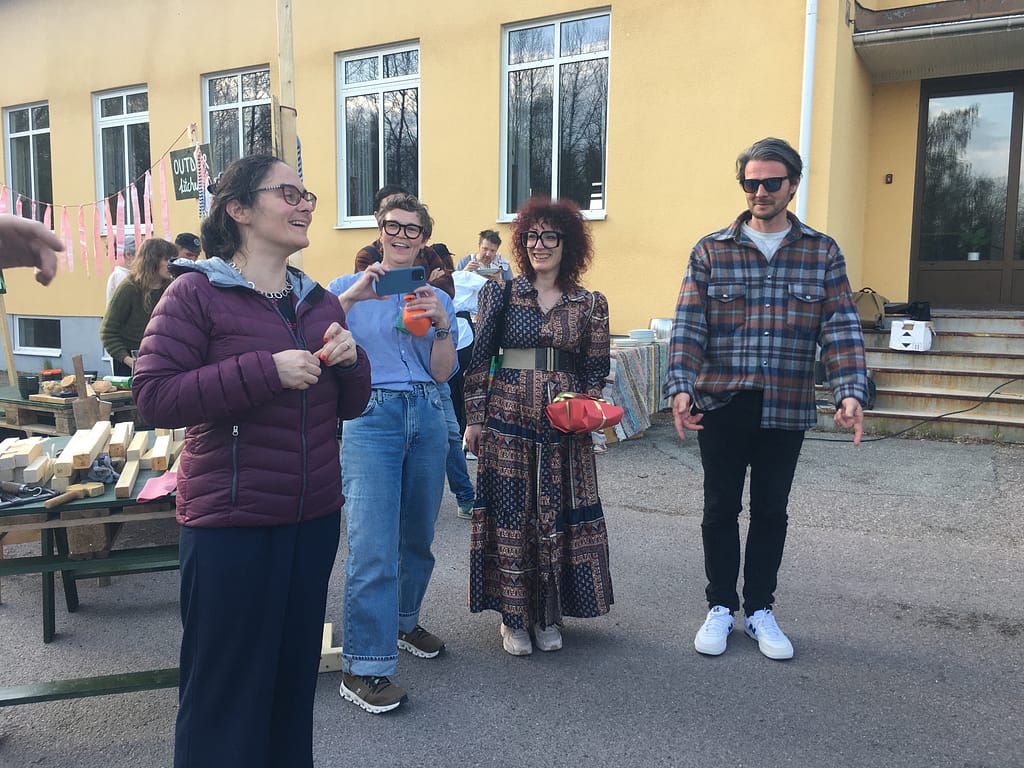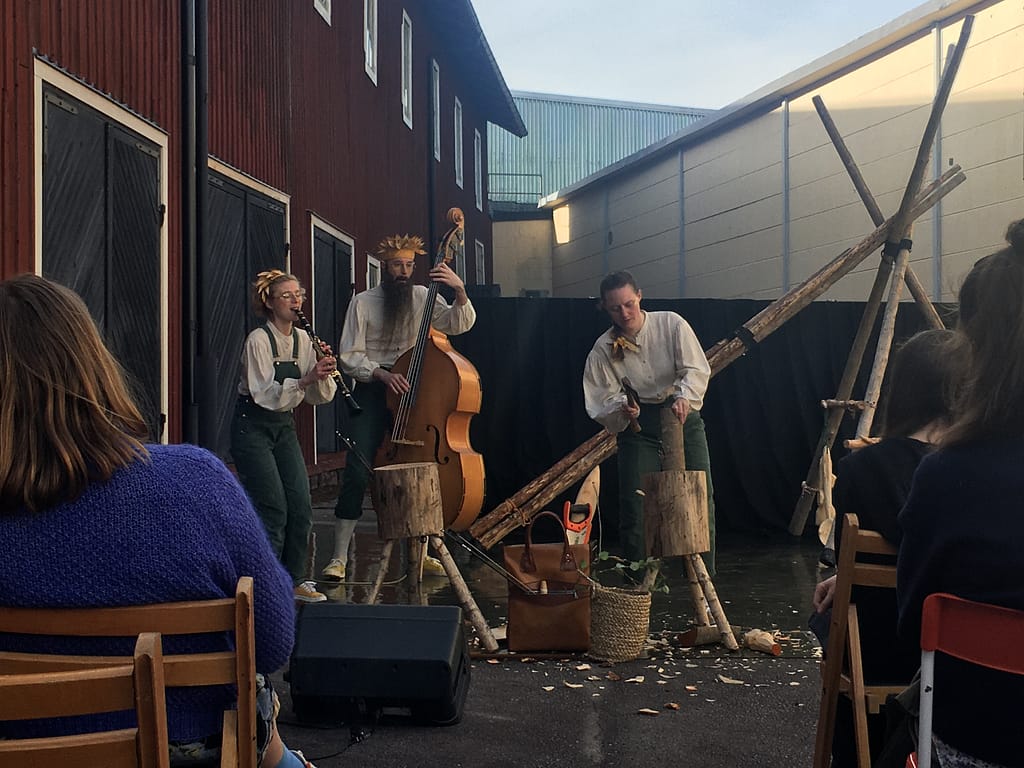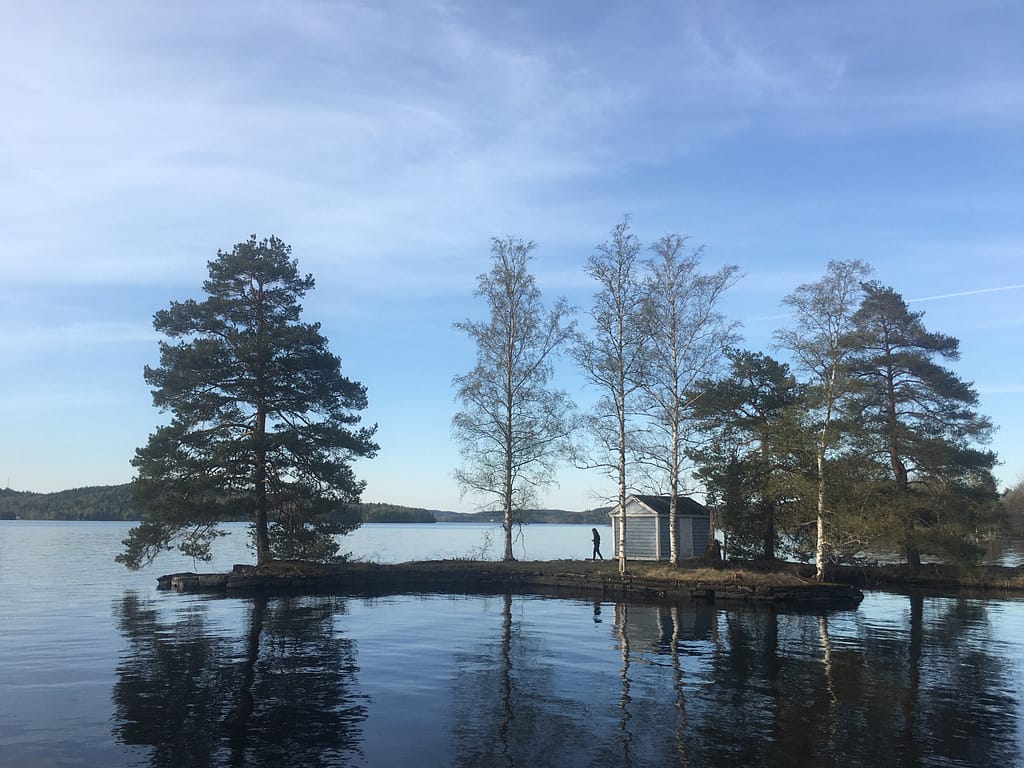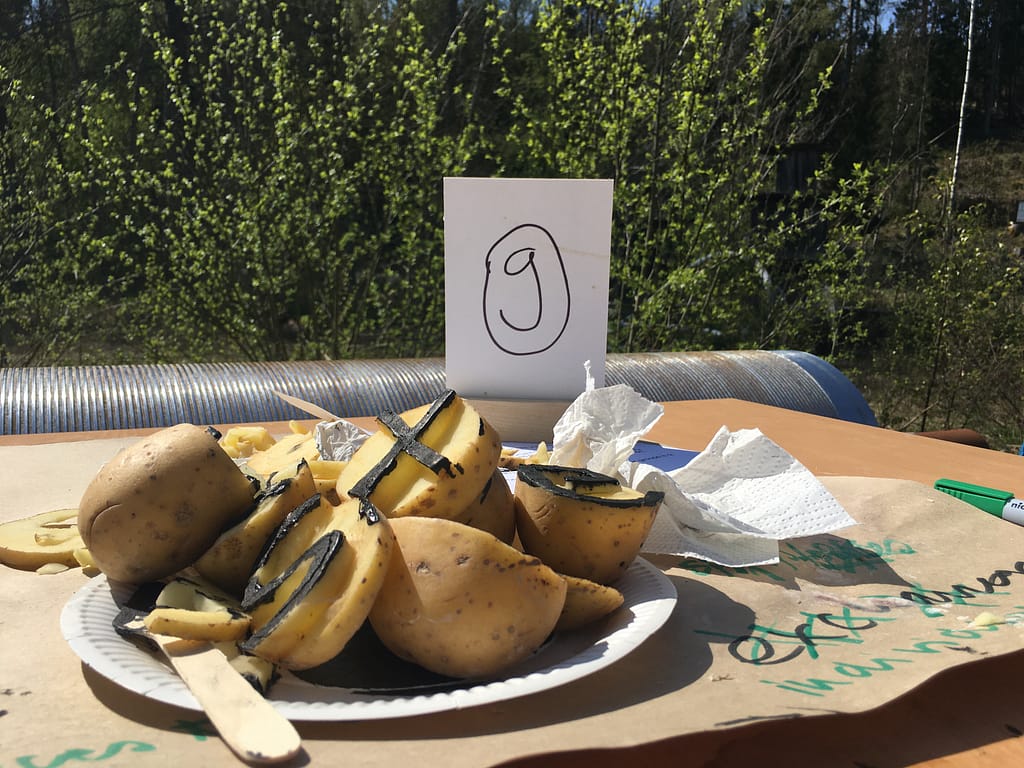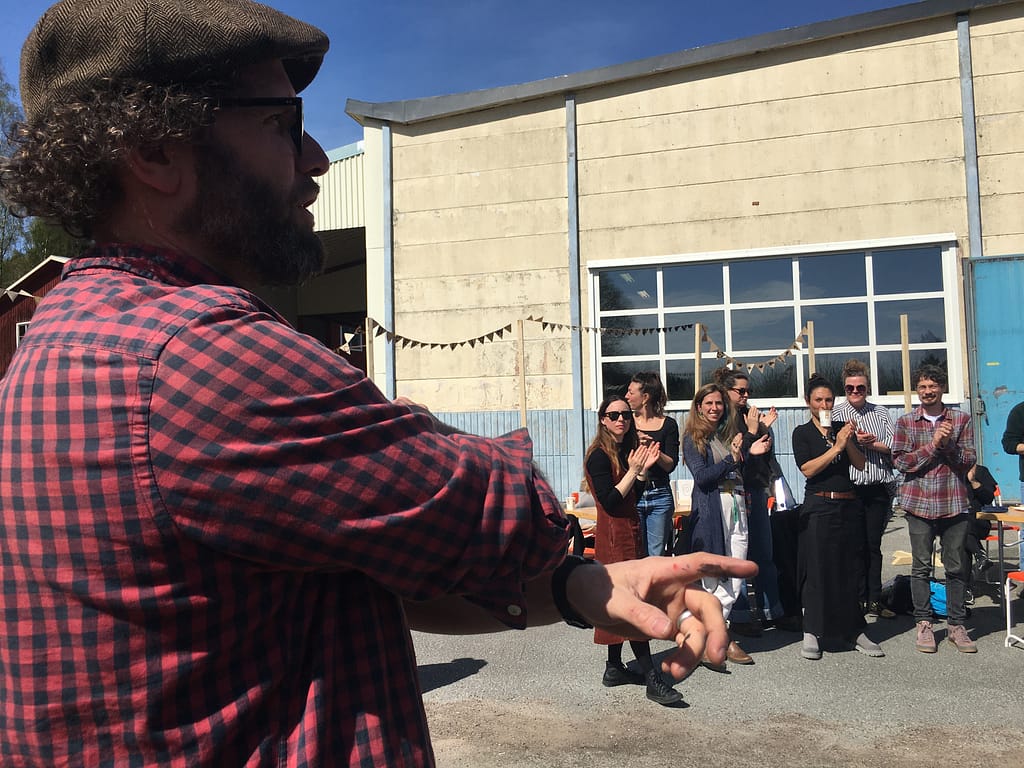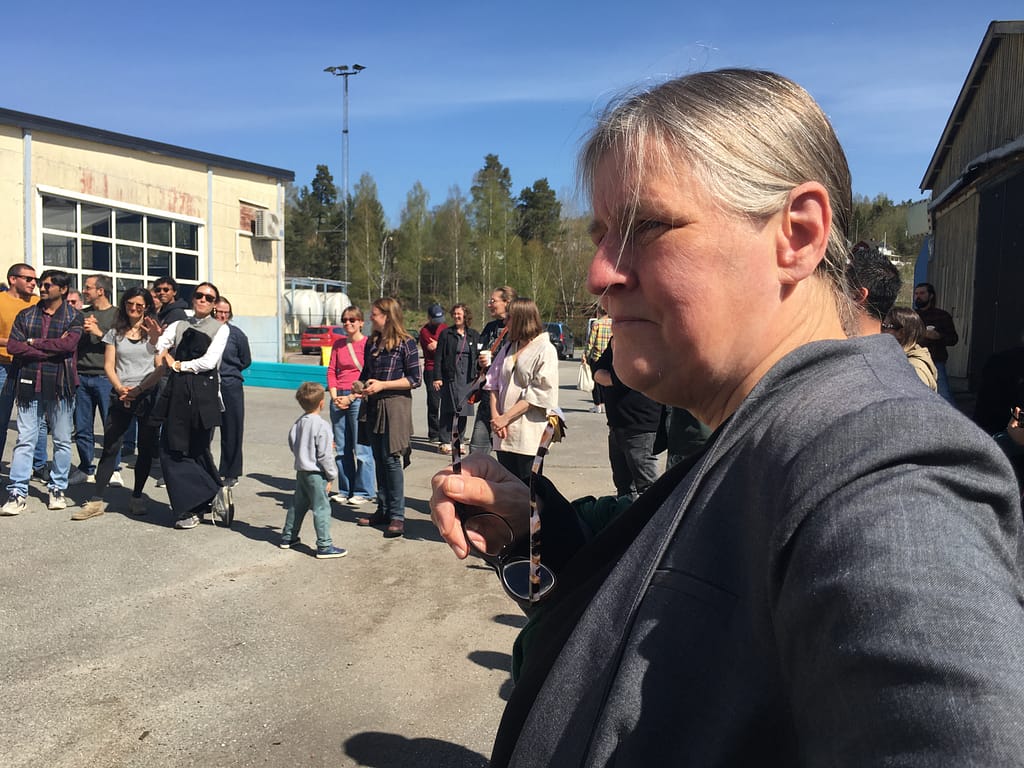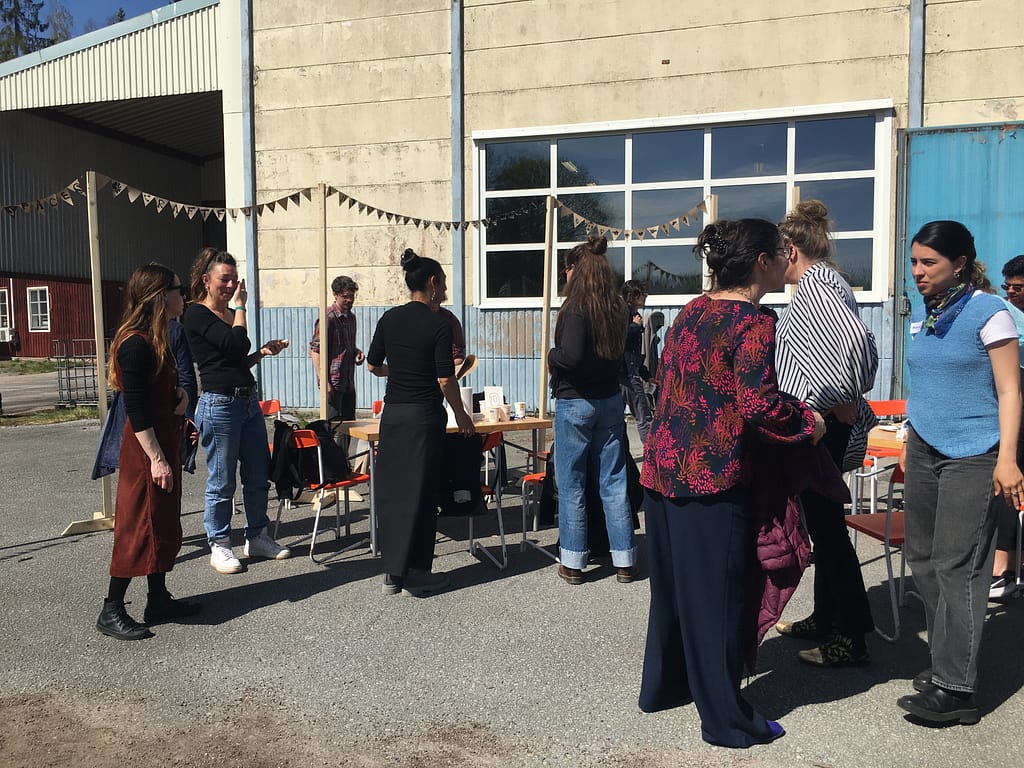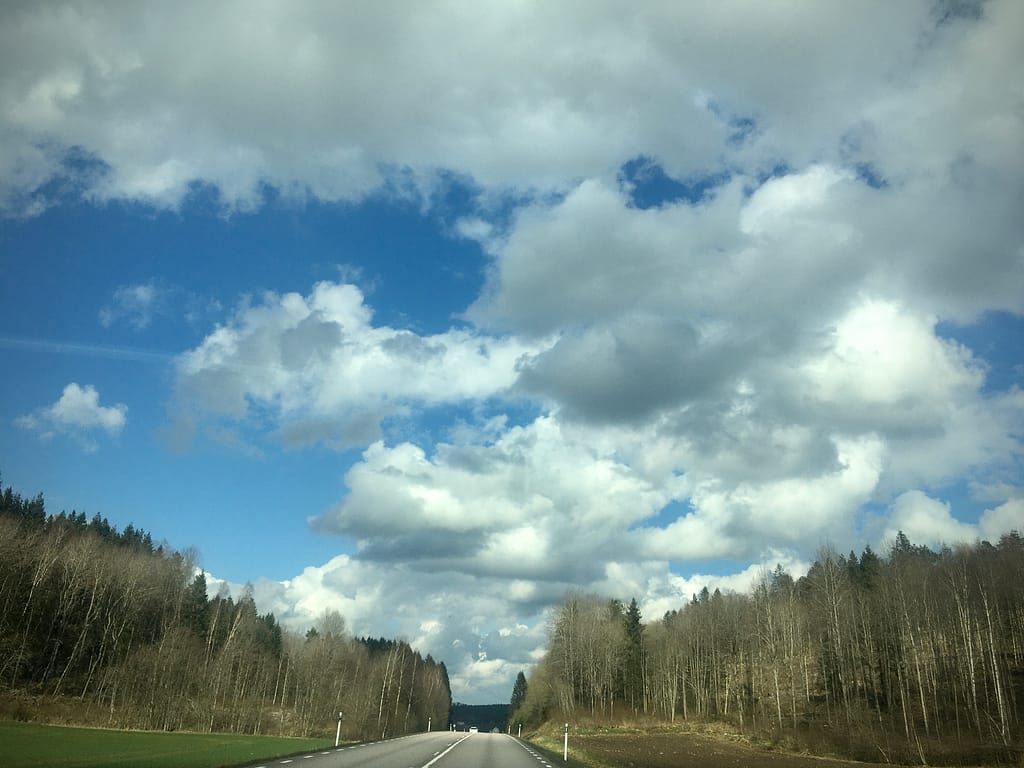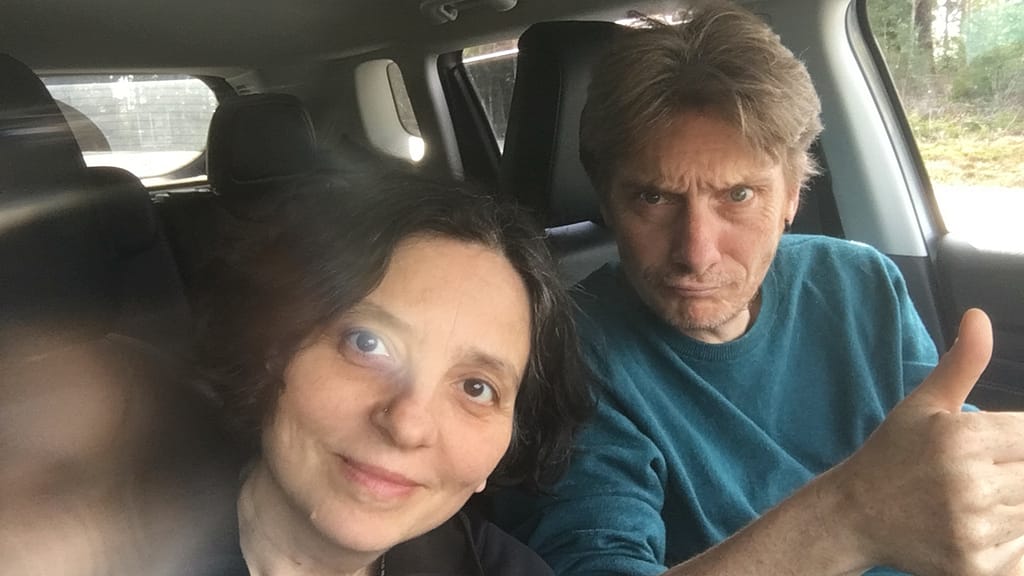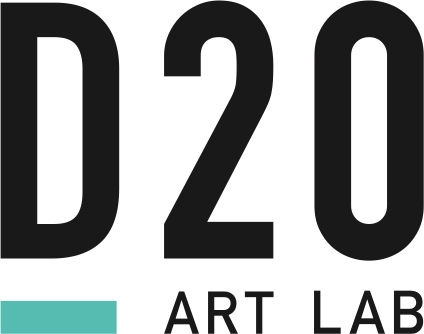Tales from a Craft Utopia
05/2024
“Was the breakthrough to mass production the result of some implicit collective choice, arrived at in the obscurity of uncountable small conflicts, to favor this form of mechanization over other, technologi-cally viable ones? In that case, social struggles, not the technologies themselves, will decide the questions of future industrial organization; and the buried machine economies of the past could provide valuable clues as to what might be possible.”
(Historical Alternatives to Mass Production: Politics, Markets and Technology in Nineteenth-Century Industrialization. Charles Sabel and Jonathan Zeitlin)
The worldview, values, and desires of those who practice artistic craftsmanship are very different, almost alternative, from those that guide the now unsustainable model of mass consumption and production. We experienced this directly through comparisons and discussions with researchers and artisans we encountered in our artistic research journey within the Hephaestus project.
It’s a kind of utopia, that of craftsmanship, which has led us to wonder: what would the world look like if our present were built on artisanal foundations rather than being the full, and now unsustainable, expression of industrial civilization?
One possible answer can be found in imagining a divergent story, a world where the relationship with resources, modes of production, trade, and consumption are radically different because they are more similar to those of artisanal production. What would that world be like, and how would a production system different from capitalism as we know it impact the environment, politics, the educational system, urban planning, and lifestyle?
We have engaged in dialogue with researchers in economic history, management, and organization from the partner universities of the Hephaestus project, who have become a fundamental part of our creative process, to bring this first “release” of a new world to life. We have generated a timeline of images exploring an artificial creativity with its blurred perspectives that reshape reality and its aberrations.
We would like this timeline to be in continuous evolution, a place where the elaborations of academic research and the practice of craftsmanship can creatively converge.
Credits
Concept e realization
D20 ART LAB
Sergio Marchesini
Raffaella Rivi
Coordination
Elena Raviola
Team Hephaestus
Giovanni Favero
Marta Gasparin
Andrew Propp
The term Primitive Makers is taken from the book Making Trouble by Otto Von Busch
Exhibition Design
Karl Hallberg
Helena Hansson
Ivar Anås Gunnemark
Printing
Ringö Tryckeri
Exhibition








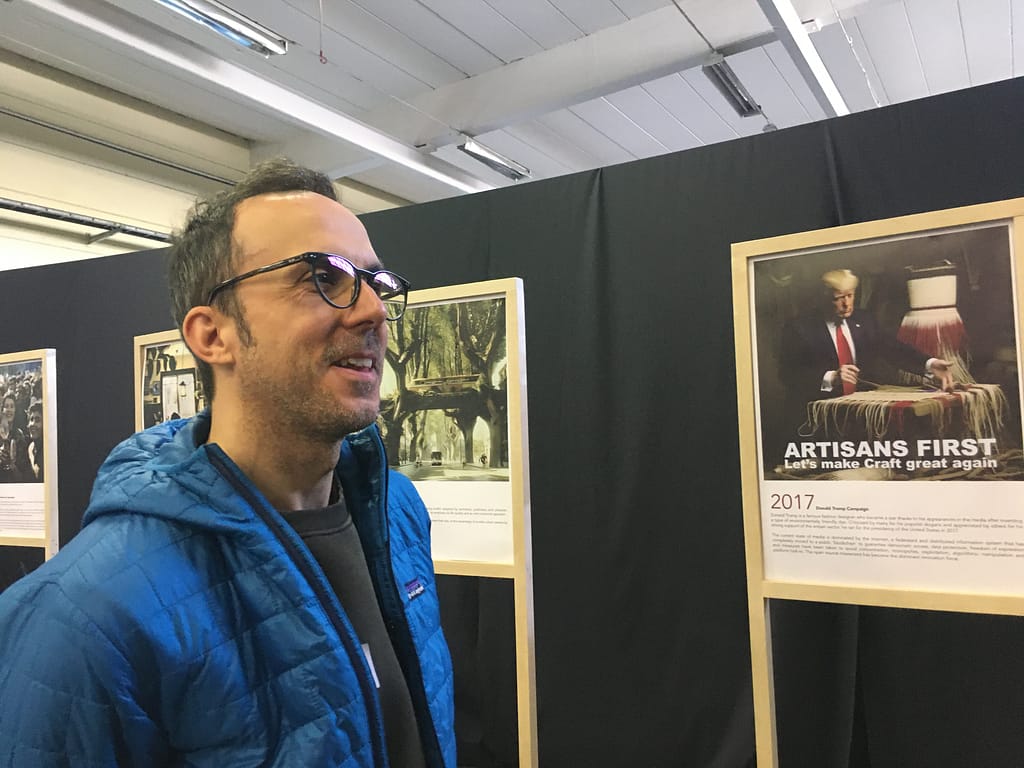










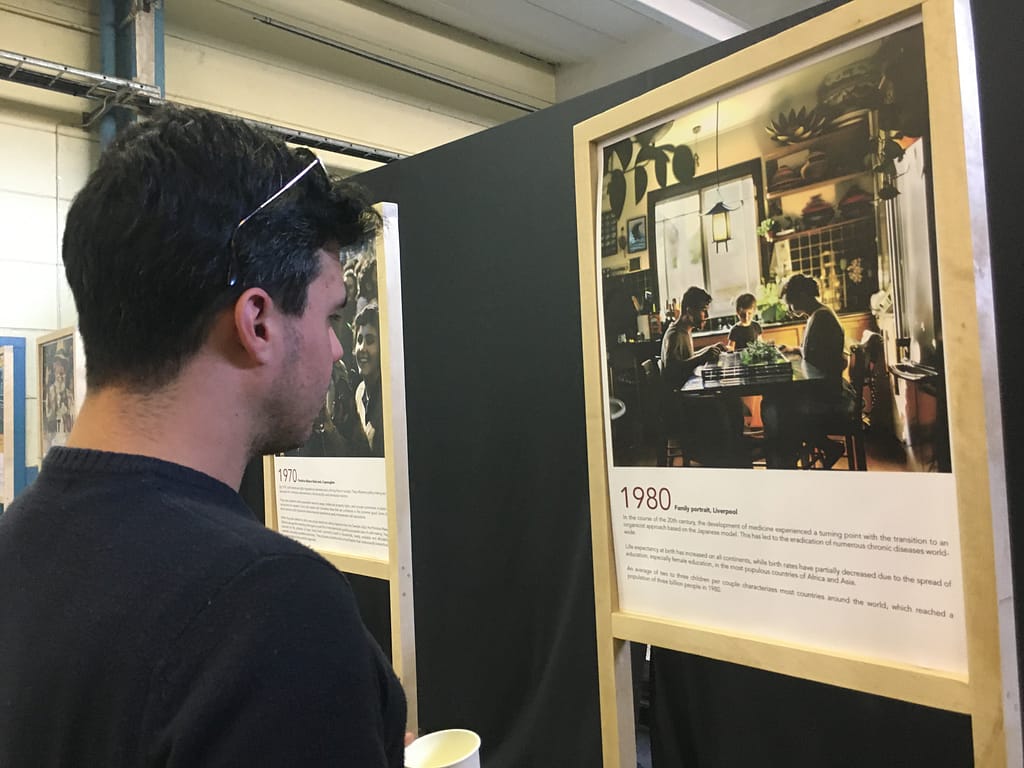










Presentation
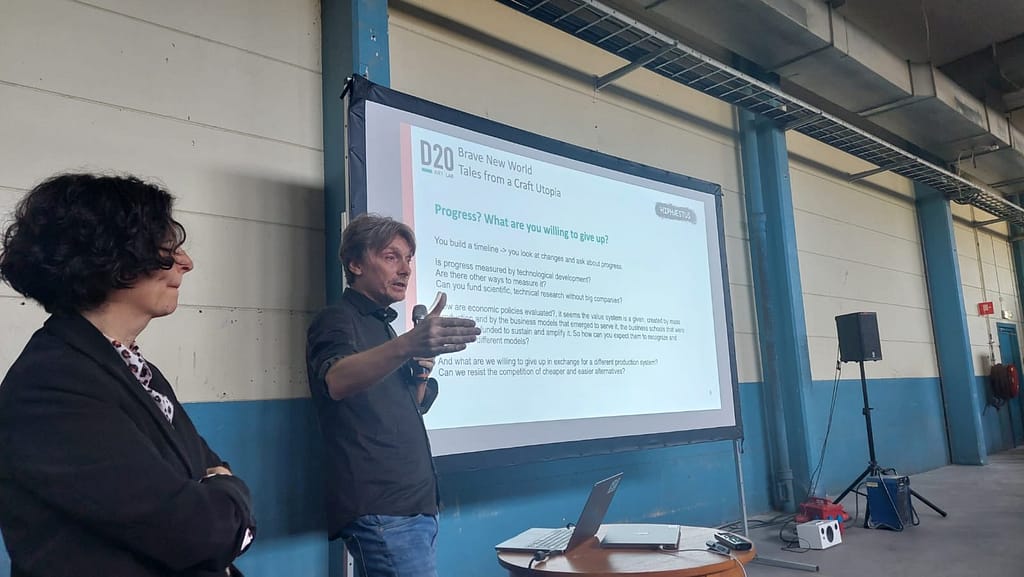
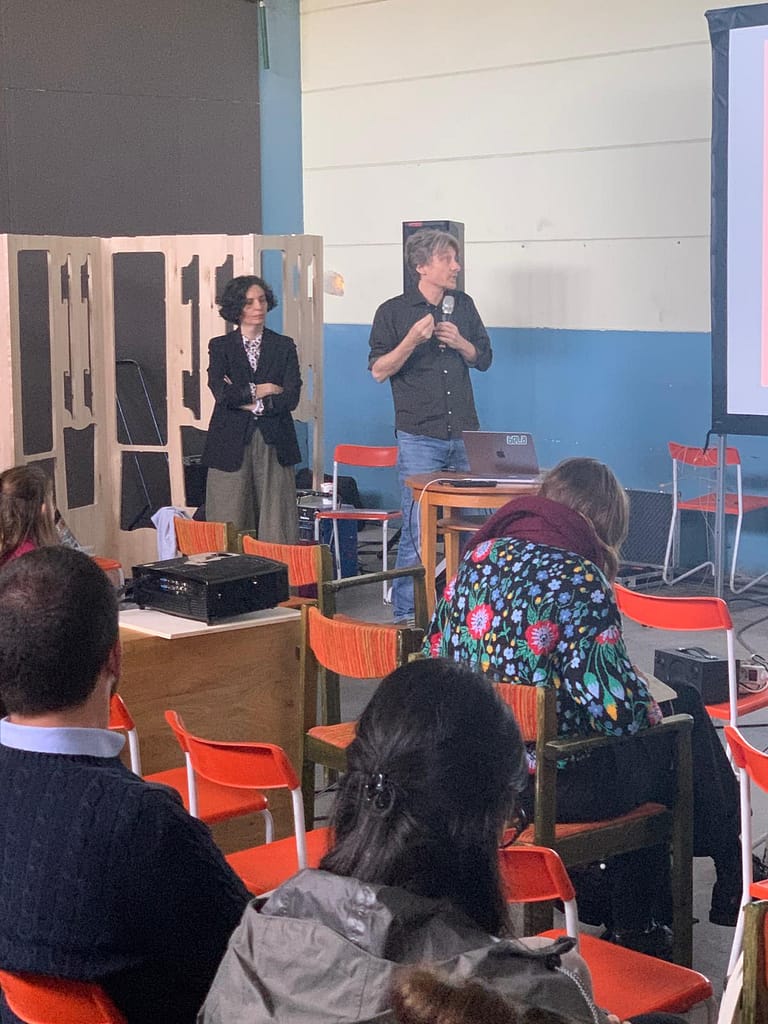
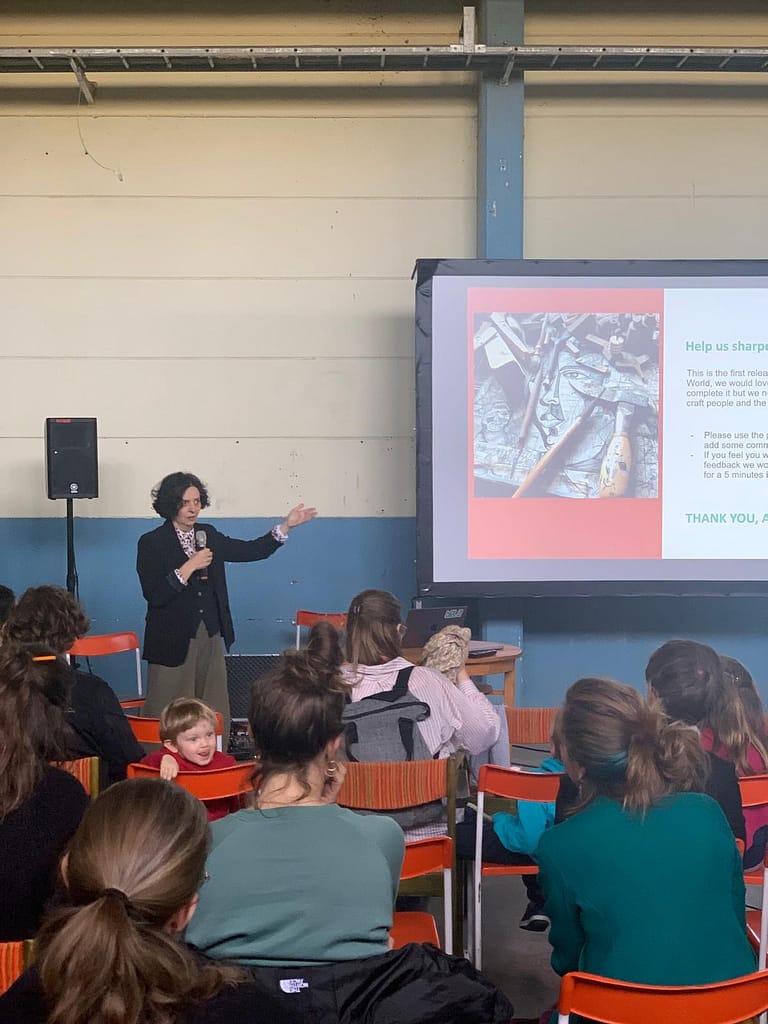
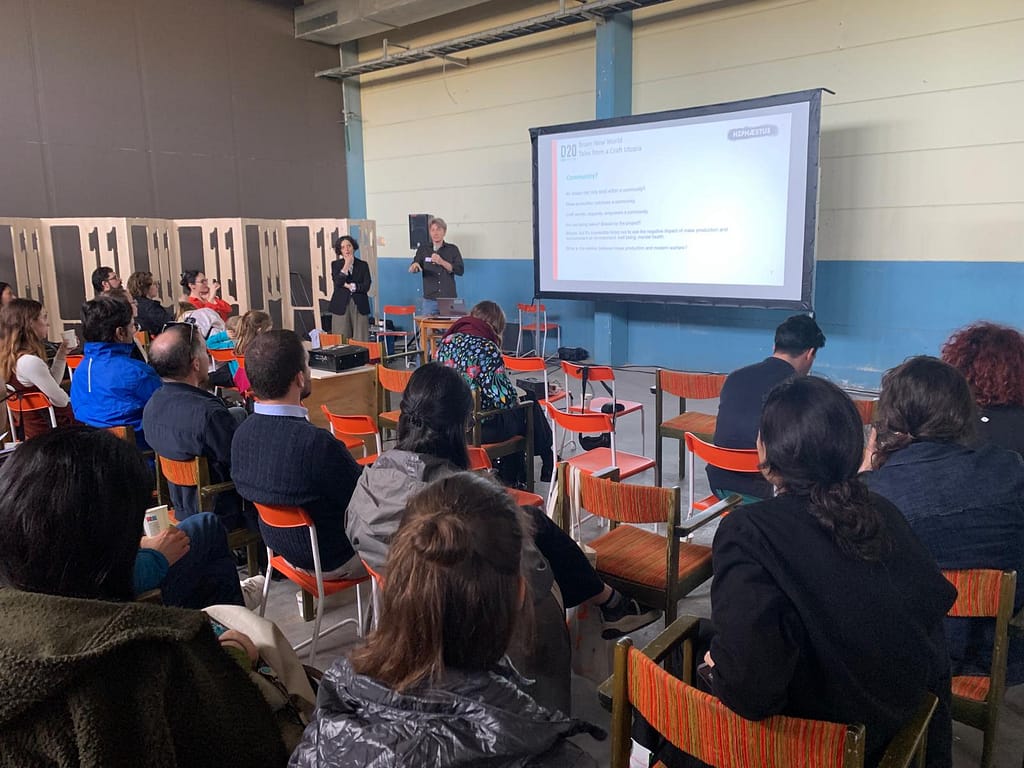
Backstage
